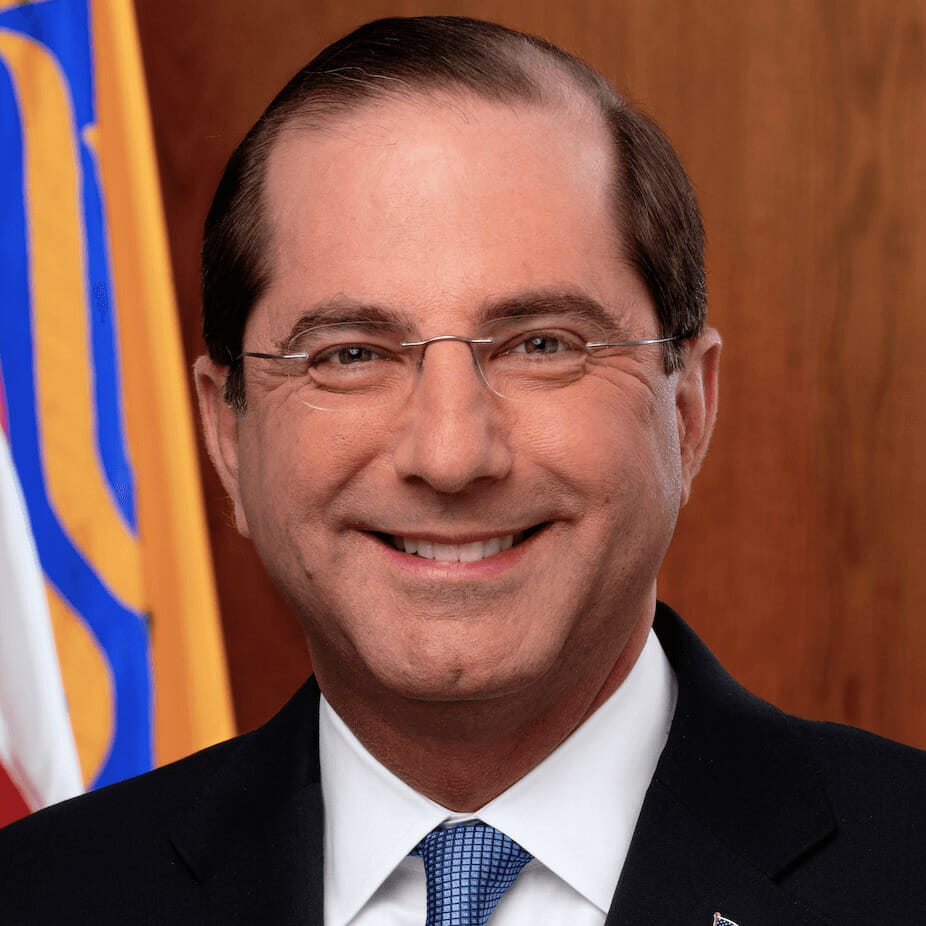
Senior living deserves part of the $955 million in Coronavirus Aid, Relief and Economic Security Act grants announced Tuesday by the Department of Health and Human Services, National Center for Assisted Living Executive Director Scott Tittle told McKnight’s Senior Living.
The supplemental funding for programs authorized by the Older Americans Act will be distributed via grants from the Administration for Community Living, the HHS agency that includes the Administration on Aging. Of the funds announced Tuesday, $905 million was awarded Tuesday to states, territories and tribes for subsequent allocation to local service providers, HHS said. The remaining $50 million will be awarded by the end of the month.
“We call on the Administration for Community Living and states who distribute these grants to support assisted living and other senior living communities that desperately need resources to respond to the COVID-19 crisis,” Tittle said. “Senior living communities are currently shouldering the burden in acquiring personal protective equipment, additional staff and, in some cases, testing kits for residents and staff. Senior living has yet to receive any direct portion of the CARES Act or other financial aid, and we must rally around our long-term care residents and staff to help prevent further spread of this virus.”
The CARES Act funding includes $200 million for home- and community-based services, including personal care assistance, which HHS said will help greater numbers of older adults shelter in place to minimize their exposure to COVID-19. It also includes $20 million to help state long-term care ombudsman programs provide advocacy services for senior living, skilled nursing and other long-term care residents.
“Restrictions on visitation have significantly increased demand for ombudsman services, as families seek assistance in ensuring the well-being of their loved ones,” HHS said. “Ombudsman programs will seek to expand their virtual presence to residents and their families and continue to promote the health, safety welfare and rights of residents in the context of COVID-19. This funding will give ombudsman programs the flexibility to hire additional staff and purchase additional technology, associated hardware and personal protective equipment once in-person visits resume.”
“We are appreciative of efforts that will help LTC ombudsmen fulfill their duties in light of this pandemic,” David Gifford, M.D., MPH, chief medical officer of the American Health Care Association and NCAL, told McKnight’s Senior Living. “Right now, our priority has to be stopping the spread of this virus, and that requires limiting as many individuals as possible from entering our buildings. We have worked with the ombudsman program to examine when it is critical to enter the building and when they can do their work remotely, which is what [Centers for Medicare & Medicaid Services] guidance outlines. Due to the well-known amount of community spread, this is the safest course of action.”
The funding announced Tuesday also includes $480 million for home-delivered meals, $100 million for the National Family Caregiver Support Program, $85 million for Centers for Independent Living for people with disabilities, $50 million for Aging and Disability Resource Centers and $20 million for nutrition and related services for Native American Programs.
“LeadingAge appreciates the $200 million appropriated for Older Americans Act Title 3-B Supportive Services,” a LeadingAge spokeswoman told McKnight’s Senior Living. “ACL funds represent a small percentage of aging services funding. We supported reauthorization of the Older Americans Act and are pleased to see any additional funds to address coronavirus challenges faced by older people.”



